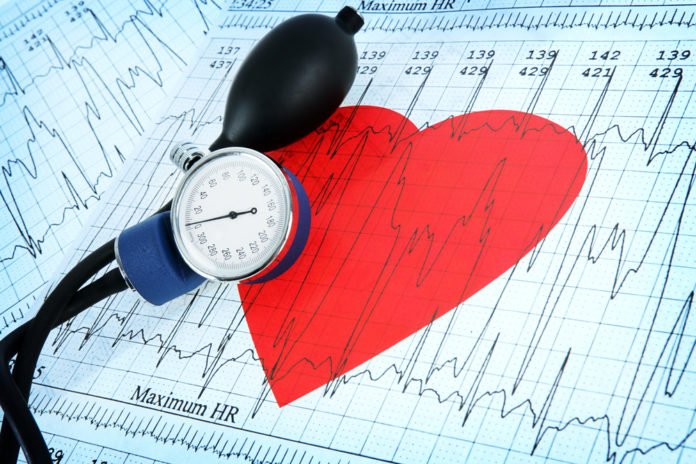The examination, drove by Imperial College London and analysts from the Universities of Bristol and Cambridge, additionally recommend pregnant women who develop blood pressure (pre-eclampsia), or fetal growth restriction (where a child’s development moderates or stops before birth), may have contrasts in their blood circulation.
The group followed the health of more than 200 ladies previously and amid pregnancy – 15 went ahead to create pre-eclampsia or fetal development restriction (FGR). Pre-eclampsia and FGR are thought to have comparative causes and have already been connected to anomalies with the improvement of the placenta.
According to scientists, the findings suggest women who develop the conditions may have pre-existing cardiovascular differences – which could open avenues for prevention and treatment. They focused on that the women’s’ heart function and blood circulation were still in the normal range, in spite of these distinctions.
Dr. Christoph Lees, the lead author from the Department of Surgery and Cancer at Imperial, said: “Pre-eclampsia and fetal growth restriction can have serious consequences for mother and baby, yet we’re still largely in the dark about their root cause – and how to prevent them. These findings suggest pre-existing issues with the heart and circulation may play a role – and provide an important piece of the jigsaw puzzle.”
“The work may also help explain why previous studies have found women who develop pre-eclampsia and FGR may be at higher risk of heart disease and stroke later in life.”
Usually, Preeclampsia occurs during pregnancy. It is analyzed by high blood pressure in the mother, generally following 24 weeks of pregnancy. The condition influences one of every 20 pregnancies and albeit most instances of pre-eclampsia cause no major issues, in serious cases, the condition can imperil the lives of both mother and kid. It’s assessed around 1,000 infants kick the babies die due to pre-eclampsia, with the majority of the passings because of an untimely birth.
The scientists originally recruited 494 healthy women to the study, all of whom were hoping to become pregnant within the next year. Out of these women, 218 became pregnant and were available for analysis, and 15 of these pregnancies (almost seven percent) were affected by pre-eclampsia or reduced fetal growth.
Before becoming pregnant, all women had tests to assess heart function and blood circulation. All of the women were outwardly healthy, with a normal weight and blood pressure. If a woman in the study was diagnosed with pre-eclampsia or FGR during the research, the scientists analyzed her test results from before she became pregnant, and in the early stages of her pregnancy. They then compared these with women who had a healthy pregnancy.
The outcomes uncovered that in spite of the fact that the women’s’ heart and circulatory strain were still in the healthy range, their hearts pumped 16 % less [CL1] blood per minute than the women who had healthy pregnancies, and their veins were 17 % more [CL2] resistant to the bloodstream. This caused their circulatory strain to be marginally higher, yet at the same time ordinary.
According to scientists, further work is still required to help establish if screening pregnant women’s heart function would be feasible for identifying the risk of pre-eclampsia.
Dr. Lees said, “Although the women in this study weren’t overweight, we know that obesity is associated with the conditions. But if improving heart function and circulation could potentially reduce the risk of the condition, then healthy living recommendations early in pregnancy may prove beneficial.”
Dr. Tracy Swinfield from Action Medical Research, the charity that helped support the research, added: “Research in this area is important, as the earlier we can detect or prevent pregnancy complications, the better. This means women can get help sooner, and babies have the best possible start to life.”
The study is published in the journal Hypertension.
